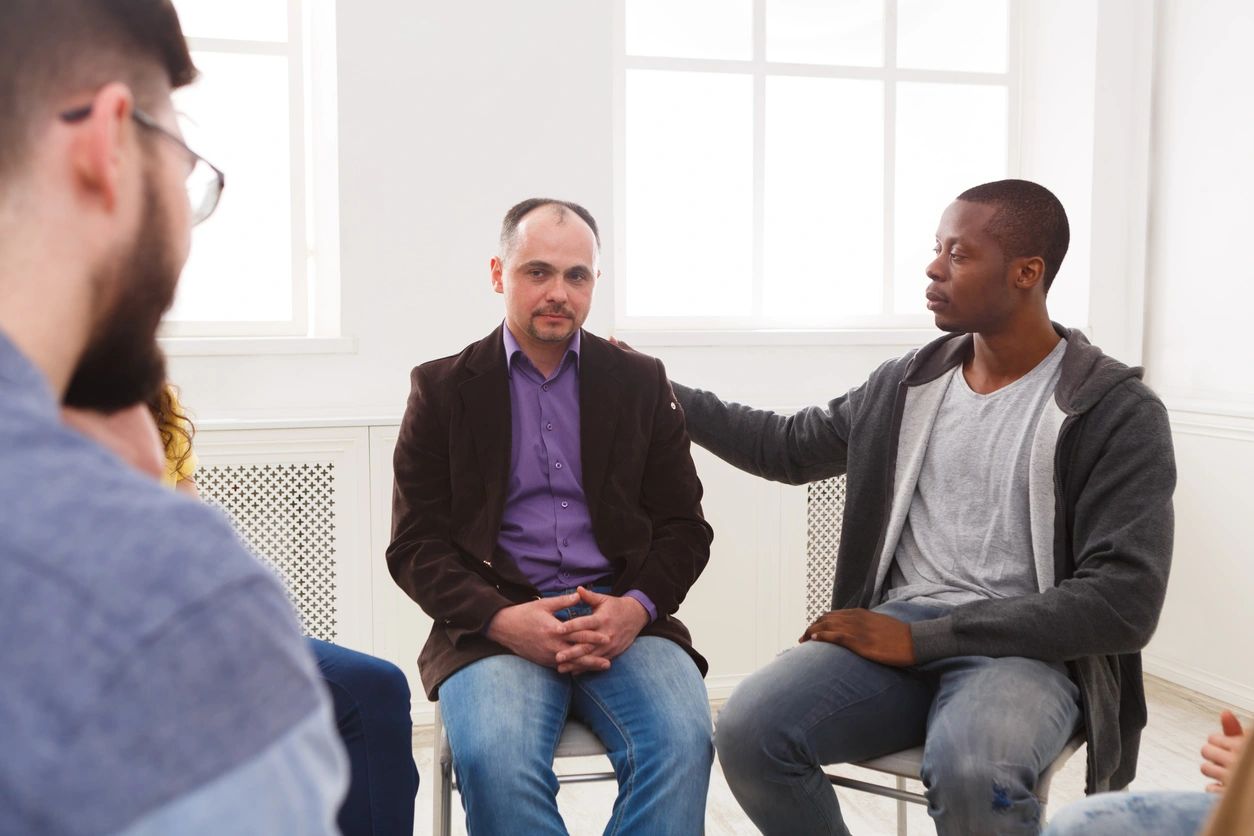Okay, this is a painful one for me to share and admit… I am prideful and stubborn! Just ask my wife, she will confirm it. If you know and meet me you might not think that, but the truth is I want you to think that, or at least that’s what I used to want people to think. Let me explain.
I have not always been willing to ask for help, or look at my own dysfunctions. Years ago, like many people, I used to view getting help as a sign of weakness. That sounds stupid coming out of my mouth, especially as a pastor and coach who helps people for a living. At a very subconscious level I felt asking for help made me instantly disqualified from helping and leading others. In my mind, I wanted to be the one who helps others and never needs anything. It is prideful and really cruel to think that others should need you but not you needing them. If we are honest with ourselves most of us struggle with asking for help. Shame is sneaky and keeps us from a lot of healthy choices.
The truth is that I have helped more people through sharing my failures and brokenness, with empathy, than any amount of expertise or phony perfectionism I could offer. I’m almost shocked at the amount of people who I meet with who after we are done tell me, “thank you for your honesty and vulnerability. It really helped.” I recently had the opportunity to share at my amazing church (Rise City Church) here in San Diego and I was again reminded of the power of expressing our fears and failures to God and others (See message here). If there is power through sharing our pain, than the opposite could also be true… the lack of sharing reinforces and secures our powerlessness.
The truth is that I have helped more people through sharing my failures and brokenness, with empathy, than any amount of expertise or phony perfectionism I could offer.
Tweet
I think we all want help and to hear from people who have failed and made it through, rather than people who can tell us how to have a perfect, pain free, life just like them. That crap isn’t helping anyone… it just leaves people feeling helpless and hopeless!
So where should you start when looking for help? The first place to start is where you are and with those close to you. Reaching out to a close friend or family member, especially if they are a good listener, will go a long way. But what if the pain and problems you are experiencing are related to those same people? Or, what if the pain you are processing is beyond their ability to help?
If you are a part of a local church, or have grown up in some type of faith community, you might first look for help from a pastor or church leader. As a pastor who has sat with many people over the years there are some limitations to this type of help. First, pastors are typically busy and have very little margin for helping people other than 1 or 2 meetings. Most pastors have an incredible heart and passion for people and relationships and can provide incredible spiritual encouragement and support. Some pastors are the last people you want to share with (how do you know?). The problem is that most pastors are not equipped to walk people through their pain/trauma and help them develop a personal plan for growth and change.
If you are really stuck, or in a painful place, you might reach out for professional counseling. A qualified and experienced therapist can make all the difference in the world (I know they have for me). A good therapist is able to direct you through a process of recovery and taking ownership for your life and choices. Here’s the problem (as I see it anyway) with professional counseling. First, it takes a lot longer, which isn’t bad, but a good counselor is often $150-$250 per 50 minutes session and some of the best counselors do not take insurance. This makes getting help a financial sustainability issue. Unlike a pastor who may be highly relational, a counselor is unable to provide any relational support, which is a vital ingredient to your own going growth.
“Your freedom is worth your investment. Get some help.”
Albert Tate
Another option to consider is a coach. Coaching is the perfect blend of instruction, encouragement, structure AND relationship. Coaching lasts for a season, to train you how to do it for yourself and possibly train you to help others. To help you become the best version of yourself. Coaching for me involves helping people process their pain so they can live into their passions.
How do you know when you need a coach? When you sense you are stuck and need help moving forward and don’t have the tools/resources to do it alone. A good coach is someone who has accomplished what you are trying to achieve and can now help you navigate your journey. A coach is able to provide a temporary structure of support, necessary skills and accountability while you pursue your goals and build your own support and accountability.
There is no excuse for not getting help! If you were sick or injured you would call your doctor. Whether it’s a good friend, a pastor/Christian Leader, counselor or maybe even a coach, you have to make taking care of you a top priority. It’s time to get over yourself and what others think. Are you really going to let your pride and the opinions of others keep you from healing, growing and pursuing your passions?
What have your experiences been with Pastoral care, Professional Counseling, or Coaching? I would love to hear your experiences.

